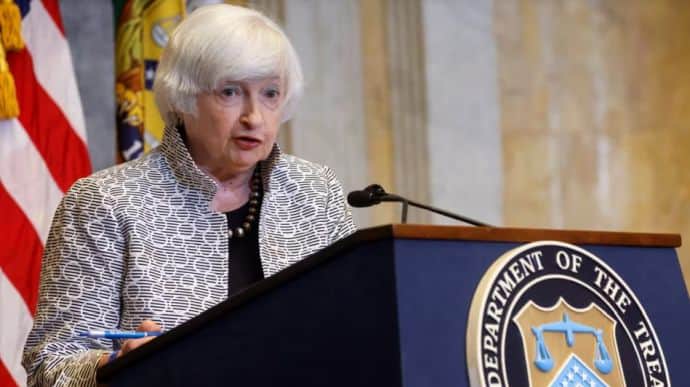Beyond budget cuts, DOGE should consider the government's organizational flaws
Until DOGE grapples with the fundamental organization of government as well as the regulations, it will not succeed.

The U.S. government could use a review of the executive branch’s organization and an analysis of its major departments to determine the relevance and applicability of roles and missions to the needs of today. Using first principle analysis to identify major organizational weaknesses and flaws, a glaring deficiency becomes apparent.
Co-chairs of the Department of Government Efficiency, Elon Musk and Vivek Ramaswamy, are accomplished businessmen. Both understand that in any successful company, not only is that due to the chief executive officer. The chief operating officer bears a large responsibility along with other staff for the smooth and efficient functioning of the organization.
But who is the U.S. government’s chief operating officer? The answer: There is none. Does it need one?
The Biden administration has 15 cabinet departments headed by a secretary, from the Department of Agriculture to the Department of Veteran’s Affairs. Other offices or officers may be given cabinet status, such as the Director of National Intelligence and the ambassador to the United Nations. How are each coordinated and managed and who is responsible for these functions?
The president, as head of government, state, chief executive and political party, has too many responsibilities to serve as COO. The White House chief of staff is appointed, not confirmed and lacks cabinet status so assigning COO duties would not work.
The senior member of the cabinet is the secretary of State, a diplomat not a manager. And assigning any other officer that role would test the hierarchy and seniority system.
DOGE should determine if a COO is needed to help drive efficiency and better manage government functions. I recommend a COO and the most likely candidate for that post is the vice president.
The reasons are compelling. The vice president is the second senior official in the government. The vice president is the only official that serves in the executive and the legislature as president of the Senate, given that office added authority.
Vice presidents are not selected for management skills. That would require a major change. However, if the government is to become more efficient and effective, naming a COO with management authority is a vital first step. And to mitigate concerns over a vice president exceeding his or her authority, the president is still very much in charge.
DOGE also must review and evaluate the responsibilities and authorities of each major government department beginning with the cabinet. The cabinet is much the same as it has been for decades. Does the 21st century demand a major reorganization and update? Indeed, it can be argued that no prior review evaluated the organization of the executive branch to determine if it is still fit for purpose.
For example, who is responsible for technology in an era when AI, quantum computing and many others offer revolutionary potential? With a minuscule number of individual farmers, is a Department of Agriculture still needed or can its duties be farmed out?
And are other departments assigned roles that are no longer relevant? And what about a Department of Learning not Education or Infrastructure for Transportation?
Roles of law enforcement, intelligence and domestic security are also divided across the Executive Branch. The FBI and CIA are the best-known of these agencies. But how well are these offices coordinated?
The Justice Department has vital responsibilities. How does it interact with the Department of Homeland Security, created in response to the 9/11 attacks? Has Homeland Security served its purposes or has too much redundancy been generated in turn leading to greater inefficiency and ineffectiveness?
Regarding intelligence, how well or badly does Homeland Security interact with the Director of National Intelligence also established after 9/11 to oversee all 18 separate agencies? The Department of Defense spends the largest amount of any agency on intelligence for the most expensive national technical means for collection and is not under DNI. But does this overall organization make sense?
Will DOGE extend its remit to the legislature and judiciary? Surely both branches can be improved in terms of efficiency and effectiveness. However, both branches will jealously guard their constitutional prerogatives, so DOGE almost certainly will be restricted to the executive.
Until DOGE grapples with the fundamental organization of government as well as the regulations, it will not succeed.
Harlan Ullman Ph.D. is a senior advisor at the Atlantic Council. His 12th book, “The Fifth Horseman and the New MAD,” is available on Amazon.



